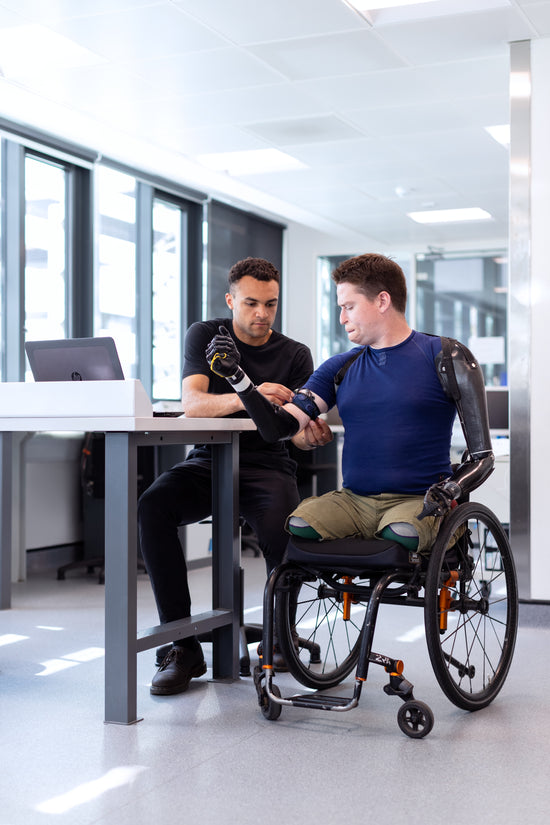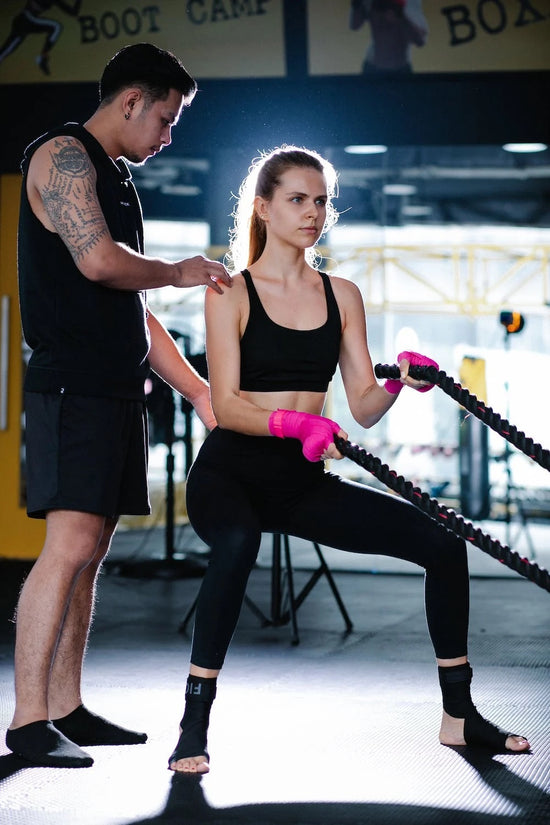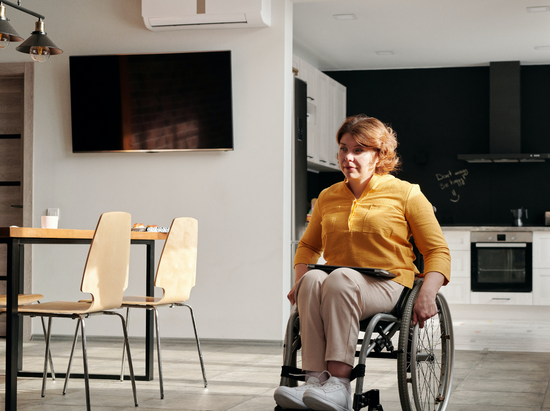Biokineticists are exercise specialists that use human movement science as treatment. The aim of Biokinetics is to improve muscle balance, strength, mobility and participation in functional movement. Biokineticists can help you become more conditioned, help you return to previously valued activities, and maintain health and well-being.
WHAT DOES A SESSIONS WITH A BIOKINETICS INCLUDE?
Biokineticists are exercise specialists. Biokinetics literally means life through movement!
Biokineticists use human movement science to prescribe exercise and physical activity to prevent and treat chronic diseases, disabilities or injuries.
SESSIONS WITH A BIOKINETICIST INCLUDE:
-

ASSESMENT
A Biokinetic assessment focuses on movement, physical condition, muscle balance, strength, cardiovascular capacity, biomechanics and posture.
-

EXCERSISE PRESCRIPTION
Based on your assessment, the biokineticist will develop an individualised exercise program that includes aerobic, strength, flexibility and balance exercises. Your program will be designed to meet your needs and reach your goals.
-

REHABILITATION
If you are recovering from an injury or illness, you may be referred to a Biokineticist, who will use exercise as a tool to manage pain, promote healing and get you back to full fitness.
-

CHRONIC DISEASE MANAGEMENT
Physical activity can reduce the symptoms of many chronic conditions, such as diabetes, obesity, or heart disease. Biokineticists can prescribe specific exercise to help you manage your condition, improve your health and add years to your life.
WHAT CONDITIONS CAN BIOKINETICIST TREAT
Musculoskeletal injuries such as sprains, strains, and fractures
Rehabilitation after surgery: Once the surgical wound has healed, many people benefit from biokinetics if they have had joint replacement surgery, ligament repair surgery, arthroscopies, spinal surgery or even limb amputation surgery.
Chronic pain conditions such as arthritis, fibromyalgia, chronic pain and fatigue, post-stroke pain.
Back and neck pain
Sports injuries and performance optimisation
Obesity management
Cardiovascular and cardiopulmonary conditions
Mental health management:
Exercise is one of the key treatments for depression, anxiety and many other mental health conditions. It also forms the cornerstone of effective stress management.
Cancer: Exercise can be beneficial during cancer treatment. It can be very difficult to recover physical strength and vitality following chemotherapy and/or radiation. Seeing a biokineticist is helpful to rebuild muscles, improve endurance and regain confidence with movement.
Pregnancy: Exercise during and after pregnancy can prevent complications, decrease pain before and during labour and help to improve body conditioning after birth.
Chronic diseases of Lifestyle:
Diabetes, Hypertension and Cholesterol are considered chronic diseases of lifestyle and exercise is recommended as first line treatment for all these conditions.
Postural problems and muscular imbalances: Changes to the alignment of the spine and other joints as a result of injury, illness or poor posture can contribute to chronic pain. Biokineticists can design exercise programs to address such changes. – lordosis, kyphosis, scoliosis.
Neurological conditions:
Conditions such as stroke, Parkinson's disease, and multiple sclerosis can also lead to chronic pain, muscle imbalances and difficulty with movement and mobility. Biokineticists can design exercise programs that take specific impairments into account.
HOW CAN A BIOKINETICIST AT PAIN HELP YOU?
The Biokineticists at PAIN are specifically trained to understand how your body mechanics may be contributing toy our pain, and that hurt does not always equal harm! They will:
Develop an exercise program that is safe and appropriate for your
condition.
Work with the rest of your treatment team to make sure that your exercise program is at the right level, dose and will help you meet your individual goals.
Give you advice on returning to gym or specific sports if this is something that is important to you.
If you are a sports enthusiast,
biokineticists can help you work on your conditioning, endurance and performance, if you are
preparing for a specific movement event.
Recommend specific movement maintenance programs that you can continue doing on your own to stay on track and keep the gains you've made.









